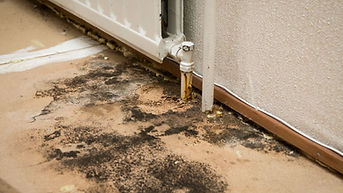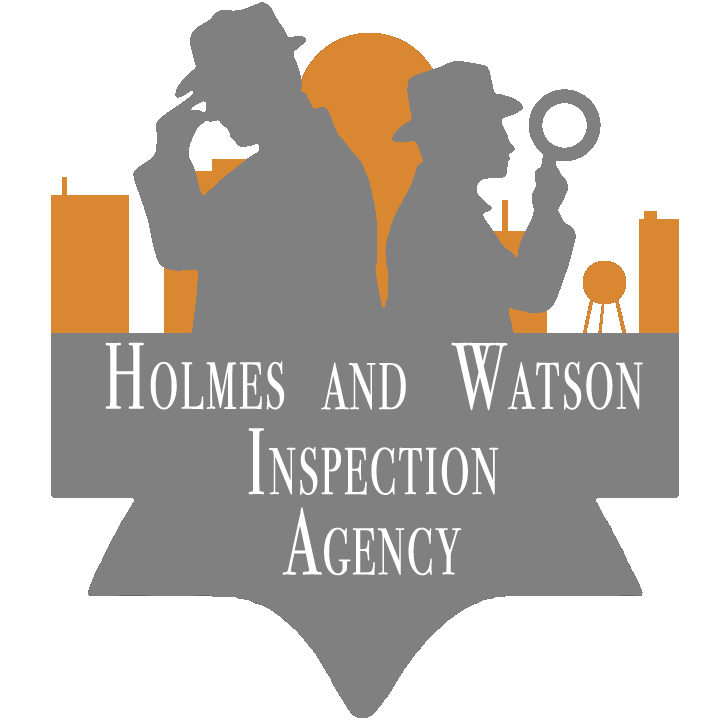
We Also Offer Advanced Aerial Infrared Scans to Detect Hot Spots, Electrical Faults, and Efficiency Loss Across Your Entire PV Field

Mold Inspection Charlotte, NC


Ensure a Safe Home with Mold Inspection Services in Charlotte NC.
Do you live in Charlotte, NC? If so, discover peace of mind with our comprehensive mold inspection services in Charlotte NC. Our expert team utilizes state-of-the-art equipment and techniques to conduct thorough evaluations, identifying any mold presence in your home.
During the inspection process, our skilled inspectors meticulously examine both interior and exterior areas, including walls, ceilings, floors, and other surfaces prone to mold growth. With a detailed analysis of air quality, we can detect any airborne mold spores, ensuring a complete assessment.
Mold inspection offers numerous benefits for homeowners in Charlotte NC. Early detection allows for prompt remediation, safeguarding the structural integrity of your property and minimizing potential damage. Moreover, addressing mold growth early can reduce health risks associated with mold exposure, such as respiratory issues and allergies.
Additionally, our mold inspection services contribute to maintaining a healthy indoor environment for you and your family. By identifying and eliminating sources of moisture and mold growth, we ensure optimal indoor air quality and create a safe living space.
Count on our expert inspectors to provide personalized recommendations for mold remediation and removal tailored to your home's specific needs. With our comprehensive mold inspection services, you can rest assured that your home in Charlotte NC is protected from the harmful effects of mold.

.png)
COMPLETE MOLD INSPECTION
The Inspector Will Perform:
-
a non-invasive visual examination of the readily accessible, visible, and installed systems and components of the building (listed in Section 4.0 Standards of Practice)
-
moisture, temperature and humidity measurements (refer to Section 4.8 Moisture, Humidity, and Temperature)
-
mold samples according to the IAC2 Mold Sampling Procedures (refer to Section 5.0 IAC2 Mold Sampling Procedures)
The Inspector Will Report:
-
moisture intrusion;
-
water damage;
-
musty odors;
-
apparent mold growth;
-
conditions conducive to mold growth;
-
results of a laboratory analysis of all mold samplings taken at the building; and
-
any system or component listed in Section 4.0 Standards of Practice that were not inspected and the reason(s) they were not inspected.


STANDARDS OF PRACTICE
The Indoor Air Quality Association (IAQA) created the Indoor Air Quality Certified® (IAQ-C) program, which includes the IAC2 certification for mold inspections. The IAC2 Standard of Practice (SOP) provides guidelines for mold inspectors to follow when conducting inspections.
-
The inspector must identify and report on any visible mold or conditions that could lead to mold growth.
-
The inspector must inspect the interior and exterior of the property, including the roof and any accessible crawl spaces, basements, and attics.
-
The inspector must use moisture meters and other equipment to identify areas of moisture intrusion, water damage, or high humidity.
-
The inspector must collect samples of mold for laboratory analysis if deemed necessary.
-
The inspector must provide a detailed written report outlining the findings, conclusions, and recommendations for remediation.
-
The inspector must not offer or perform any remediation services for mold.
-
The inspector must follow all applicable laws and regulations related to mold inspections.
In addition to the above, the IAC2 Mold Inspection SOP also requires the inspector to be knowledgeable in microbiology, building science, and environmental health. The inspector must also have a basic understanding of the principles of mold remediation and be able to recommend appropriate remediation procedures.
It's important to note that the IAC2 Mold Inspection SOP is not a comprehensive guide to mold inspection and remediation. Homeowners and property managers should consult with a certified mold inspector and licensed mold remediation professional if they suspect mold growth in their property.
We currently offer Home Inspections and Mold Inspections in the following North Carolina areas:
Currently offering Mold Inspections and testing to Charlotte, NC and surrounding areas.

Charlotte's Environmental Challenges
Charlotte, North Carolina, stands as a bustling hub of commerce and culture, yet it grapples with environmental issues amid its urban landscape. As the state's largest city, Charlotte contends with a growing population and expanding development, which present various environmental challenges.
Air quality emerges as a significant concern in Charlotte, with pollution stemming from vehicular emissions, industrial activities, and other sources. Notably, Mecklenburg County, home to Charlotte, received a discouraging "F" grade for ozone pollution in the American Lung Association's "State of the Air" report, highlighting the urgent need for emission reduction strategies.
Water quality also warrants attention, with Charlotte's water bodies susceptible to pollution from stormwater runoff, industrial discharges, and aging infrastructure. The Catawba River, a crucial water source for the region, faces contamination risks from sediment, nutrients, and harmful chemicals.
Waste management presents another challenge, with Charlotte witnessing escalating landfill volumes and limited recycling options. While initiatives promoting recycling and curbing single-use plastics have gained traction, additional measures are necessary to tackle waste generation effectively.
Amid these environmental concerns, Charlotte experiences a diverse climate characterized by mild winters and hot, humid summers. Annual weather statistics reveal an average high temperature of around 70°F (21°C) and an average low of approximately 50°F (10°C). Summers tend to be warm and humid, with temperatures often surpassing 90°F (32°C), while winters remain relatively mild with occasional snowfall.
Despite the environmental challenges, Charlotte is actively pursuing sustainability initiatives. Efforts to expand green spaces, enhance energy efficiency, and foster renewable energy projects underscore the city's commitment to mitigating environmental impacts and preserving its natural resources for future generations.




